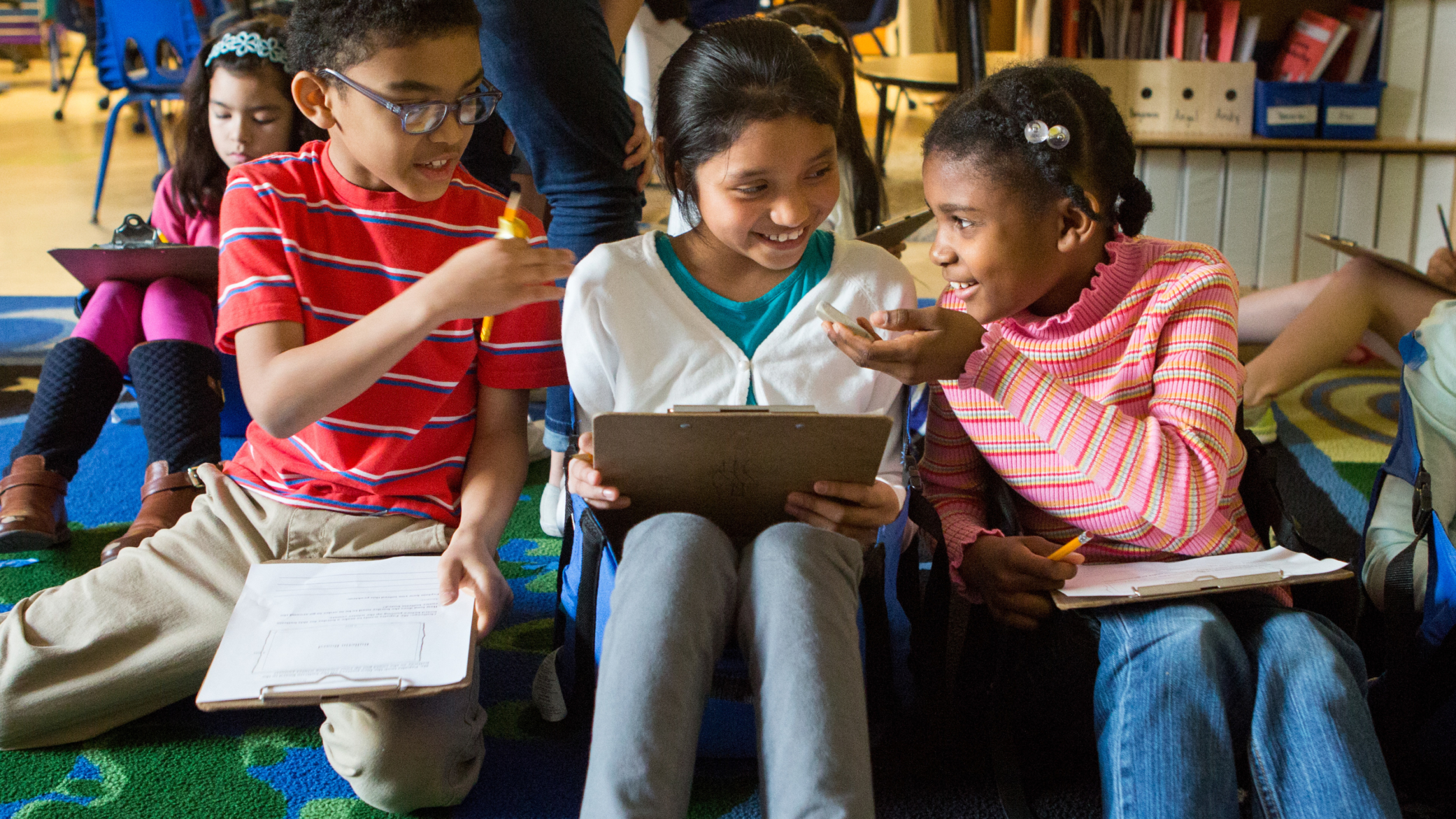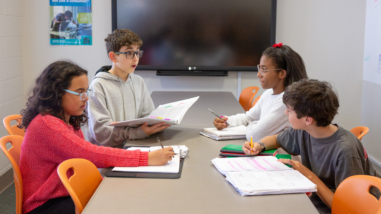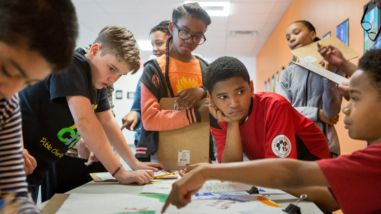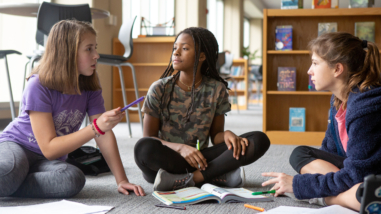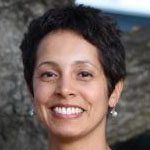 Angela Haydel DeBarger recently joined the William and Flora Hewlett Foundation as an education program officer, where she supports organizations working to build rigorous and open academic content, critical thinking, and collaborative learning. We spoke with her about her work at the foundation, and the connections she has been exploring between deeper learning and open educational resources.
Angela Haydel DeBarger recently joined the William and Flora Hewlett Foundation as an education program officer, where she supports organizations working to build rigorous and open academic content, critical thinking, and collaborative learning. We spoke with her about her work at the foundation, and the connections she has been exploring between deeper learning and open educational resources.
How do deeper learning and open educational resources fit into your story?
My interest in education is driven by a desire to create meaningful and inclusive learning environments, where all students are motivated and able to show what they know and can do. For many years, I focused in my research on classroom assessment, i.e., figuring out how to craft questions that elicit a range of ideas and experiences from students, then working with teachers to incorporate and build on these ideas through instruction. I have also enjoyed collaborating with teams of educators and researchers to develop and study students’ inquiry about the natural world and their communities through project-based learning. I love seeing the excitement in students as they brainstormed questions and solutions, and the energy teachers bring to conversations with their colleagues about how to craft and improve lessons.
I believe every student and teacher should have access to and ownership in creating deeper learning experiences. When I discovered the Creative Commons licenses, I became an advocate for open educational resources (OER). Open licensing that supports free access to high quality materials and permissions to customize and enhance relevance for different communities of learners and practitioners is foundational to equitable instruction.
What are the challenges and opportunities for OER and what do you hope to learn from grantees?
As I think about the work ahead, attending to inclusive design in the creation, dissemination and sharing of OER will be essential. Choices about how materials are designed and delivered can amplify or diminish engagement in learning and teaching. This may include pedagogical frameworks guiding the design and sequencing of lessons, considerations about the format of delivery (digital and print), and features of platforms for remixing and sharing content. I am interested in engaging in conversations with teachers, faculty and students using OER to learn more about how we can support their needs.
There is also growing recognition that high quality, inclusive design is not just about materials. I am excited to hear more conversations about open educational practice and professional development. This involves supporting educators who work collaboratively to try out new ideas and share lessons learned with their colleagues, and creating more opportunities for students to participate in sharing knowledge. The power of OER can be realized through intentionally creating materials with the active involvement of communities.
Along these lines, we need to prioritize efforts that facilitate understanding among OER creators, educators, educational institutions and governments, so that education systems and structures are aligned to support adoption and use of OER. Creating coherent systems requires attending to how we collaborate in our advocacy and development of tools and products, so we are not unintentionally fragmenting the OER field. Ultimately, we want to be providing innovative ways for students to learn. I look forward to learning more about collaborative initiatives that engage multiple stakeholders to support the spread of OER.
Where do you see research opportunities in OER?
It is an exciting time because OER awareness and adoption are on the rise. At the same time, the potential of OER has yet to be fully realized. Going forward, I am curious about questions such as: How and under what conditions does OER result in deeper learning outcomes for students? What choices are teachers making in how they use and share OER, and why? How can professional learning institutions support teachers’ use of OER to develop the academic, social and emotional growth of students? How do we develop vibrant, sustainable communities of practice that use and share OER?
Research will play a key role creating and iterating on approaches to advance OER at the systemic level. In particular, partnerships among researchers, practitioners, and policymakers will be necessary to articulate problems of practice, and to iteratively test, gather evidence, and then refine materials and approaches and create more supportive infrastructure for scaling OER.
What is the Hewlett Foundation’s role in all of this?
I am grateful to collaborate with deeply knowledgeable and passionate grantees who are actively working to provide every student access to rigorous, relevant, and innovative educational opportunities. The Hewlett Foundation will continue support the organizational health and effectiveness of our grantees, and amplify their good work to create a sustainable educational ecosystem that benefits learners.
It is important to acknowledge that our work in the Education Program is taking place at a time when the foundation has made a commitment to promoting diversity, equity and inclusion. My inquiry into this will be informed by our grantees and the communities with whom they engage. Grantees’ experiences in the field will help to ground my learnings and approaches to grantmaking that prioritizes these areas.
I can’t wait to get to know all of the organizations and projects deeply. I come to this program officer role with a learning mindset. I will ask a lot of questions and actively explore how I can help. I look forward to tackling challenges collaboratively and developing long-lasting thought partnerships in our adventures ahead.

